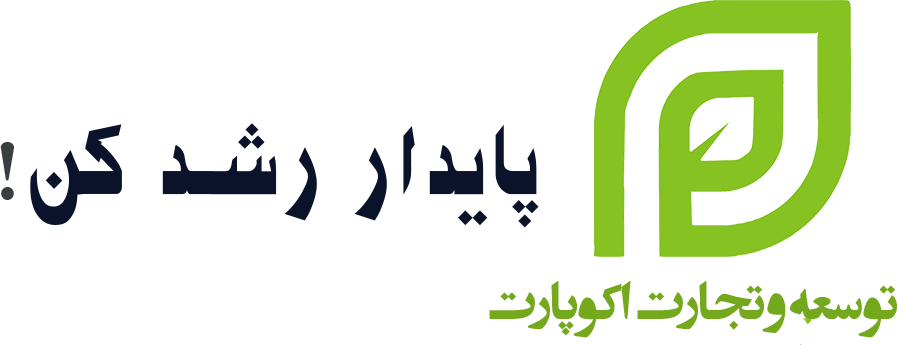سرعت پیشرفت در فناوری اطلاعات به طور مستمر تکامل یافته و نحوه انجام کارآفرینی در فرایند کسب و کار را تغییر داده است. سرعت كاربران اينترنت بر توسعه اقتصادي نيز تاثير ميگذارد كه سبب تغییر الگوی مصرف مشتریان از خرید حضوری به صورت آنلاین شده است.این مطالعه با هدف ارائه یک نمای کلی و بررسی استفاده از تجارت اجتماعی، منحصر به فرد بودن قابلیتهای منابع و مزیت رقابتی در تأثیرگذاری بر عملکرد تجاری شرکتهای کوچک و متوسط در استان تهران انجام شد. این پژوهش همچنین مزیت رقابتی واسطهگری تجارت اجتماعی و منحصربهفرد بودن ظرفیت منابع برای عملکرد تجاری SMEهارا بررسی میکند. این تحقیق در سه شهرک صنعتی استان تهران به نامهای شهرک صنعتی خاوران، شهرک صنعتی عباسآباد و شهرک صنعتی پایتخت انجام شد. روش تحقیق مورد استفاده،کمی و تأیید آن با نرم افزار Smart PLS نسخه 3.0 بود. واحد تجزیه و تحلیل این پژوهش، SMEهای مستقر در این شهرکهای صنعتی و تعداد 150 واحد تجاری منتخب بود. نتایج نشان میدهد که تجارت اجتماعی تأثیر معناداری بر مزیت رقابتی دارد، همچنین نتایج حاکی از آنست که منحصربهفرد بودن قابلیتهای منابع هیچ تأثیر قابلتوجهی بر مزیت رقابتی ندارد و تجارت اجتماعی نیز هیچ تأثیر قابلتوجهی بر عملکرد تجاری SMEهای استان تهران نداشته است. در مقابل، مزیت رقابتی میتواند عملکرد کسب و کار شرکتهای کوچک و متوسط را کنترل کند. با این حال، مدل استفاده از تجارت اجتماعی و منحصربهفرد بودن قابلیتهای منابع بر عملکرد تجاری SMEها در استان تهران، با واسطه مزیت رقابتی، تأثیر میگذارد.
مدلی برای عملکرد تجاری شرکت های خرد، کوچک و متوسط: چشم انداز تجارت اجتماعی و منحصر به فرد بودن قابلیت منابع در ایران
مهدی ابراهیمی
دکتری کارآفرینی سیاسی
فاطمه شهدکار
دکتری کارآفرینی بین الملل
دانلود
فایل پی دی اف مقاله
چکیده:
Orientation of export entrepreneurship and export performance of small and medium enterprises (SMEs)
Mehdi Ebrahimi , Fatemeh Shahdkar
Abstract
The progression of information technology has continuously evolved and altered the manner in which entrepreneurship is conducted within the realm of business operations. Furthermore, the pace at which internet users engage with online platforms also impacts economic development, resulting in a shift in consumer behavior from traditional face-to-face shopping to the digital realm. The primary objective of this study is to provide a comprehensive overview and analyze the utilization of social commerce, as well as explore the distinctiveness of resource capabilities and competitive advantage. This investigation was carried out with the intention of examining its influence on the commercial performance of small and medium enterprises (SMEs) within the Tehran province. Additionally, this research scrutinizes the competitive advantage of social business intermediation and the distinctiveness of resource capacity in relation to the business performance of SMEs. The research was conducted in three industrial towns within Tehran province, specifically Khavaran Industrial Town, Abbas-Abad Industrial Town, and Paytakht Industrial Town. The research methodology employed was quantitative in nature and validated through the utilization of Smart PLS software version 3.0. The unit of analysis for this research consisted of SMEs situated within these industrial towns, with a total of 150 selected business units. The findings indicate that social business significantly impacts competitive advantage. However, the results also demonstrate that the distinctiveness of resource capabilities does not exert a significant influence on competitive advantage, and social business does not significantly affect the commercial performance of SMEs in Tehran province. On the contrary, competitive advantage does possess the capacity to regulate the business performance of small and medium enterprises. Nevertheless, the utilization model of social business and the distinctiveness of resource capabilities do influence the business performance of SMEs in Tehran province, albeit through the conduit of competitive advantage
